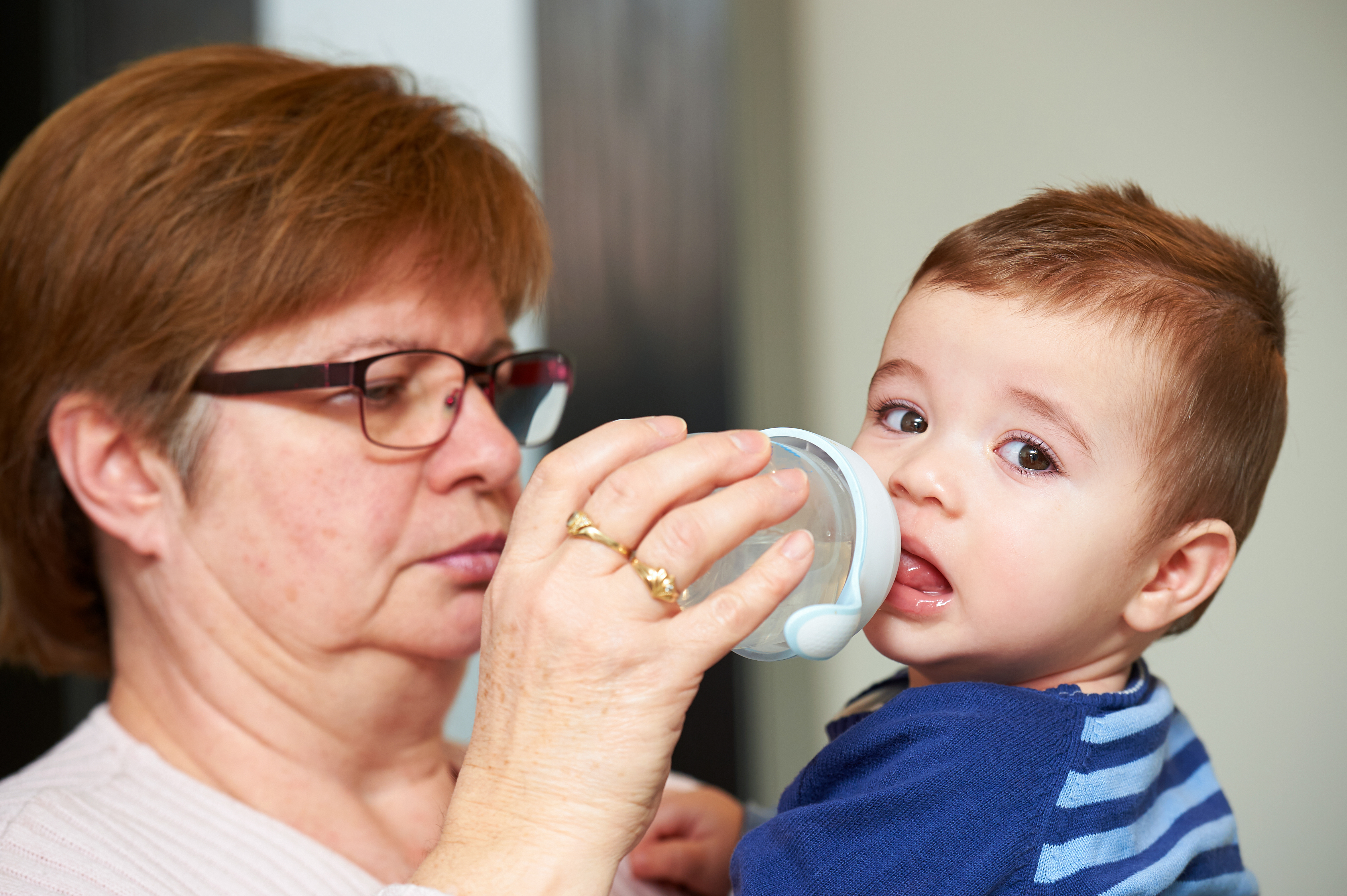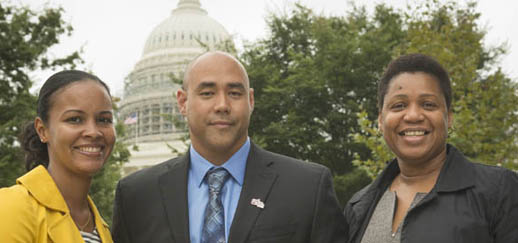
The most recent data shows that millennials are having children later in life than the generation before them. According to a study by Goldman Sachs, the median age for millennials to get married has increased from 23 to 30!
As I get older, I am bombarded with the following question: “When are you going to have children, Mia?” It happens in every single family conversation! I usually shrug off the question and say that I’m just not ready. The truth? I am a struggling millennial, and between paying off my student loans, paying off my car, paying for insurance, and paying for the occasional meal out, I just can’t afford children. At least not right now.
Research shows that millennials cannot participate in the consumer economy to the same extent as previous generations due to high unemployment rates, burdensome student loans, and wage stagnation. We are the first generation in modern history to experience higher poverty rates and lower incomes than the two preceding generations. This alone is enough to make me want to save all of my money before deciding to have children. But this is impossible. The money I have left after paying my bills gets stuffed into my mattress—literally!
In case you haven’t noticed, most millennials (including me) are broke. Millennials have an average of about $20,000 dollars in student loan debt alone.
And, not to mention, when my child is born I will have to pay for diapers, baby wipes, baby food, baby clothes, baby furniture… see where I’m going? Oh, yeah, I also have to find money somewhere for child care—have you read our report about the cost of child care for millennials?!
In case you haven’t, here are some truly terrifying stats:
- In 17 states and D.C., it takes at least 50 percent of a millennial’s income to pay for infant child care in a center.
- There are only 7 states in which millennial parents are paying 30 percent or less of their income for center-based infant care.
- For millennial parents of two children (one infant and one 4-year-old), household budgets are even bleaker—they need at least 45 percent of their income to pay for child care costs.
As a young professional in the workforce, I am able to pay my bills on my time, but if you take away 50 percent of my income, there would be nothing left! I cannot fathom the thought of paying thousands of dollars for child care. Child Care Aware® of America’s (CCAoA) “Millennial Generation: How the Changing Economic Environment Impacts the Newest Parents,” finds that child care is simply not affordable, and I definitely agree.
And how about this statistic from CCAoA’s report: In 28 states plus the District of Columbia, one year of tuition at a public university is more affordable for millennials than center-based infant care! I don’t know about you, but I spent more than $20,000 on my first year of college on tuition, so the thought of paying anywhere near this amount annually for child care is unimaginable. Even so, I have friends my age who have to budget their paycheck between child care and household expenses every month.
In addition to the barriers thrown down by the unaffordable cost of child care, millennial parents working non-traditional hours first have to find child care that will support their lifestyle before even thinking about the cost. Millennials working evening or weekend shifts, or who need child care while attending classes, really have their work cut out for them.
This is why I choose to wait to have children...at least until I see change in our economy and more support for working parents.
We must find ways to invest in our economy and protect millennials like me who eventually want to have children and be able to afford high-quality child care. I don’t want to choose between child care and groceries, and no parent should have to.
We need solutions like significant increases in federal investments in child care assistance for eligible children and increasing quality improvement efforts if we want to help children and families.
Bottom line: I’m not having children anytime soon, at least not until I can afford the debt I already have.
Read more about the “Millennial Generation: How the Changing Economic Environment Impacts the Newest Parents” report on Child Care Aware® of America’s website.






